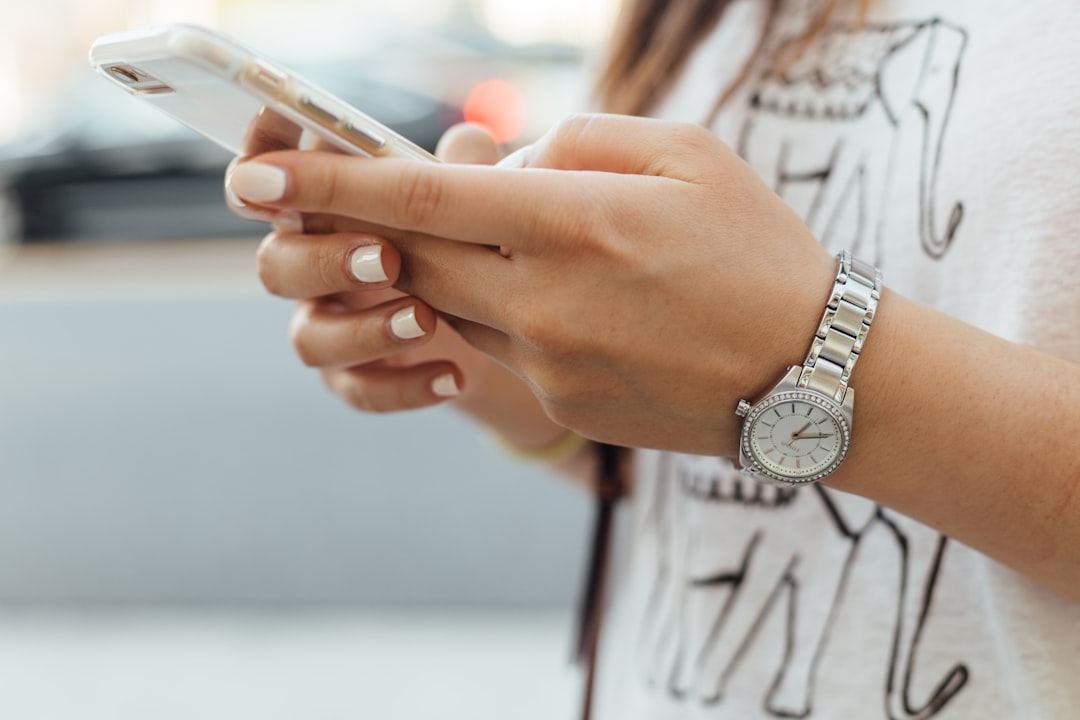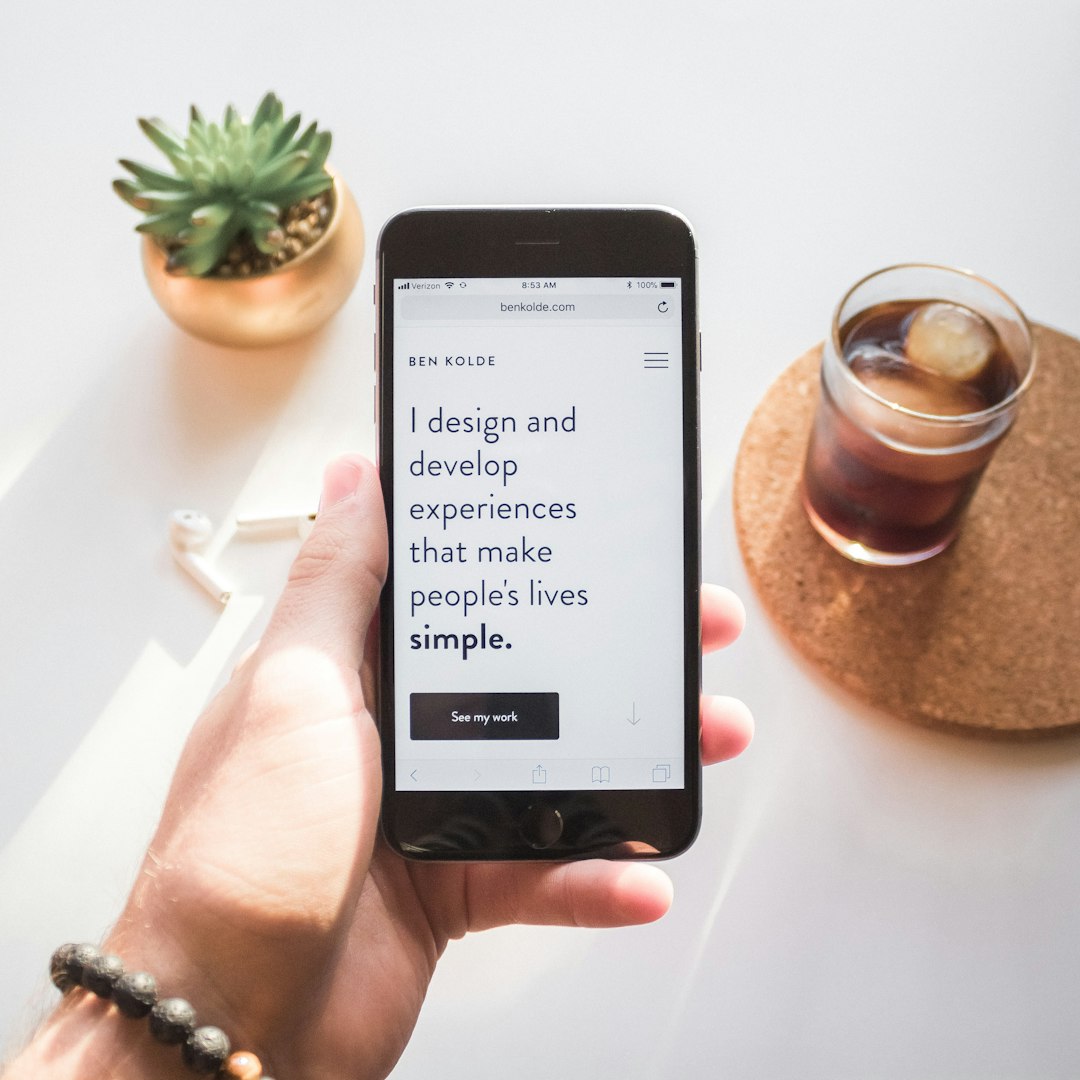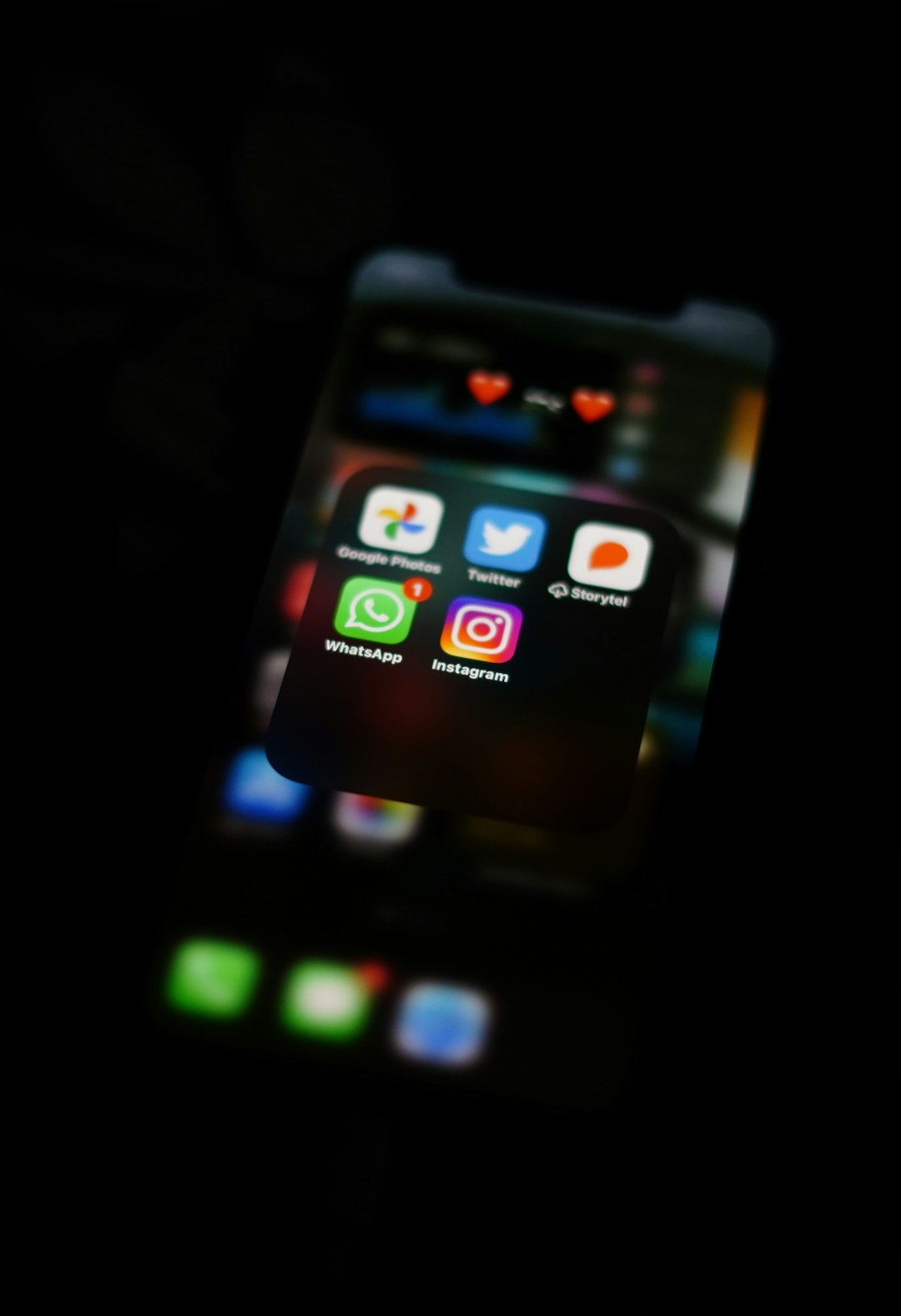The Beatty Museum introduces a revolutionary Robocall Education Program, utilizing AI-driven automated phone systems to deliver historical lessons directly to Nevada residents, including those with legal representation. This initiative, navigating strict regulations like the TCPA, breaks down geographical barriers, offering engaging history education to both urban and rural schools. By combining traditional teaching with interactive robocalls, the program enhances accessibility, saves educators time on lesson planning, and promotes critical thinking skills, all while adhering to privacy and consent guidelines, as advised by a qualified lawyer for robocall Nevada.
The Beatty Museum and Historical Society introduces a revolutionary education program, leveraging cutting-edge robocall technology to enhance learning experiences. This innovative approach combines historical insights with modern communication tools, offering unique lessons tailored to students. By integrating robocalls, the museum addresses both academic needs and legal considerations specific to Nevada. The program promises benefits for educators and students alike, providing a dynamic and accessible educational resource.
Beatty Museum's Innovative Approach to Education
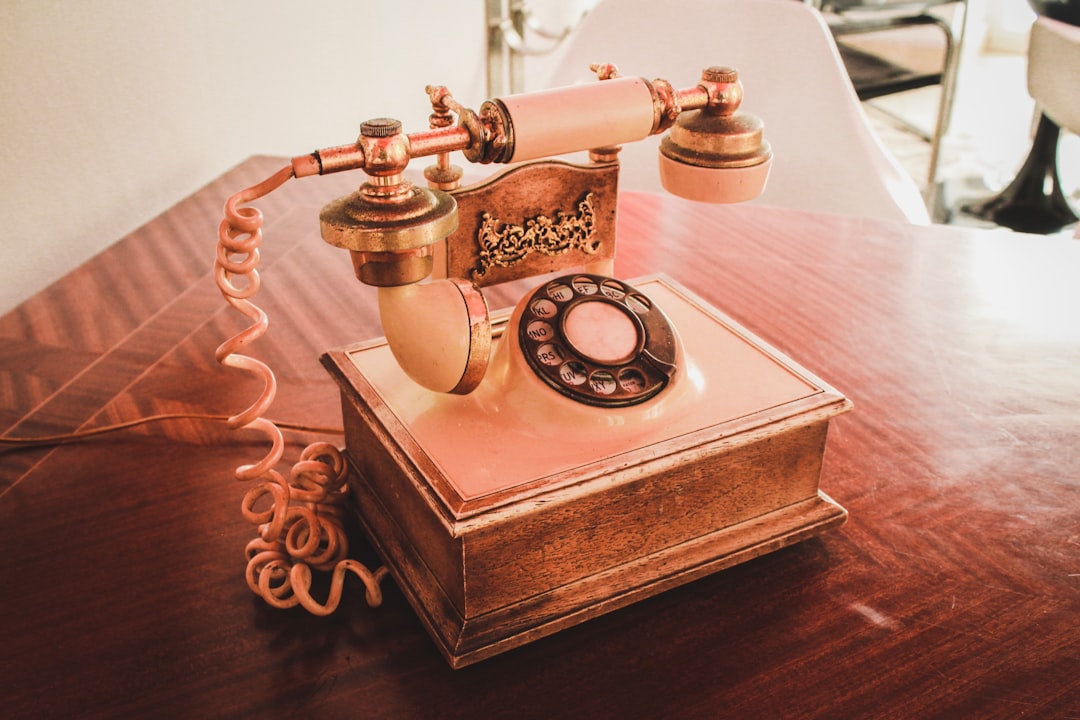
The Beatty Museum and Historical Society is revolutionizing education with its new Robocall program, offering a unique and innovative learning experience for all. This forward-thinking initiative aims to engage the community in a whole new way by utilizing technology to deliver historical facts and cultural insights directly to people’s homes. With the help of automated phone systems, the museum can now reach a broader audience, especially those who may not have the time or ability to visit in person.
This program is particularly beneficial for Nevada residents, including those facing legal issues and seeking representation from a lawyer for robocall services. By providing educational content through automated calls, the museum ensures that important historical narratives are accessible to everyone, regardless of their location or schedule. It’s an exciting step towards making history more interactive and engaging, especially in today’s digital era.
Robocall Technology in Classroom Settings
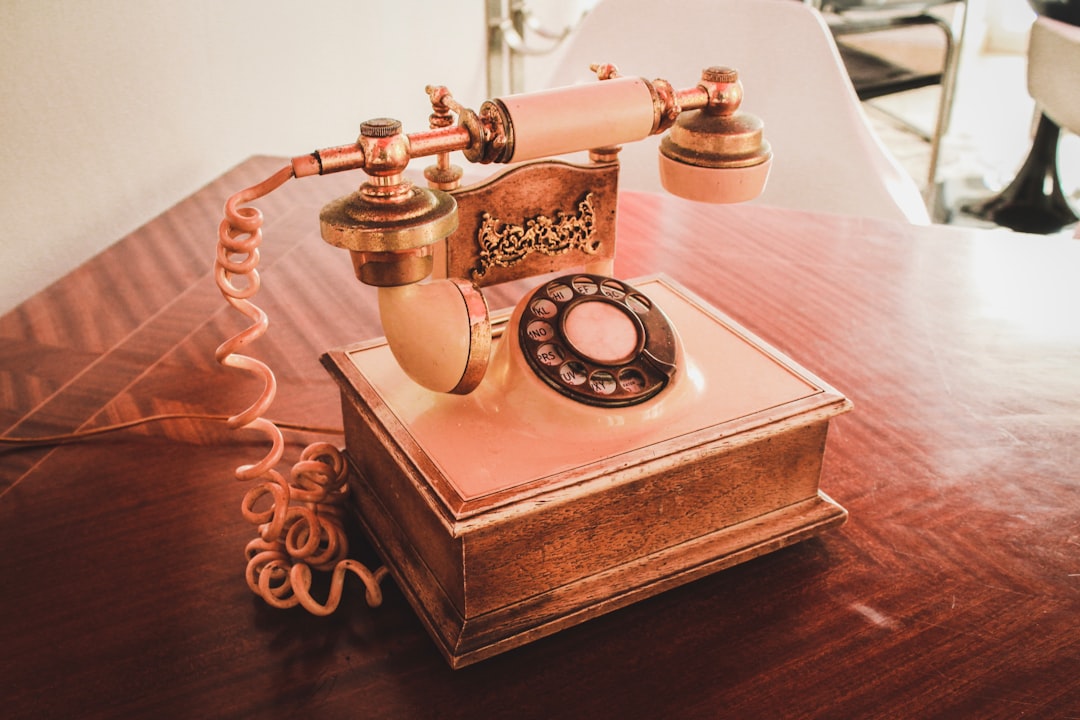
In today’s digital era, Robocall technology is transforming classroom settings across Nevada and beyond. This innovative tool allows educators to reach students promptly, enhancing learning experiences through automated yet personalized communication. By leveraging AI-driven systems, teachers can schedule mass calls, deliver important updates, and even conduct interactive quizzes, ensuring every learner stays connected and informed.
For parents concerned about privacy, especially when considering a lawyer for robocall Nevada, rest assured that these platforms adhere to strict data protection regulations. When implemented responsibly, Robocall technology offers a safe and effective method of keeping families engaged while streamlining administrative tasks for educators.
Legal Considerations for Robocalls in Nevada

In Nevada, as with many states, there are strict regulations surrounding automated telephone calls, commonly known as robocalls, to ensure consumer privacy and protect against deceptive practices. The Telephone Consumer Protection Act (TCPA) imposes significant restrictions on businesses initiating such calls, requiring explicit consent from recipients. This federal law applies not only to live operators but also to artificial or prerecorded messages, including those used for educational purposes.
When implementing a robocall campaign, especially for non-marketing, educational initiatives like the one launched by the Beatty Museum and Historical Society, it’s crucial to consult with a lawyer for robocall Nevada to ensure compliance. Legal experts can guide organizations through the nuances of the TCPA, helping them navigate consent requirements, call frequency limitations, and other key aspects to avoid legal repercussions and protect their reputation.
Benefits of the Program for Students and Educators
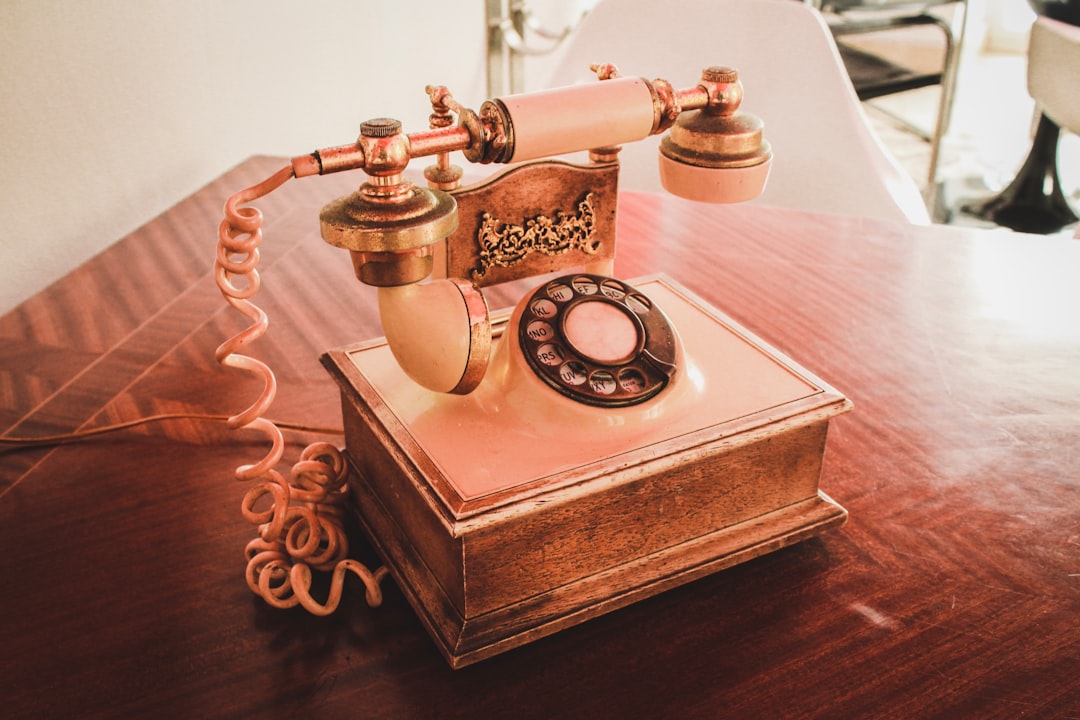
The new Robocall Education Program offered by the Beatty Museum and Historical Society presents a unique opportunity to enrich students’ learning experiences. This innovative initiative brings history to life through interactive and engaging robocalls, providing educators with a powerful tool to capture their students’ attention. By integrating technology into traditional teaching methods, the program offers several advantages. Students can now explore historical events and figures from various perspectives, fostering a deeper understanding of the past.
Educators benefit from having access to a dynamic resource that saves time on lesson planning. The pre-recorded robocalls can be easily integrated into existing curricula, allowing teachers to focus on facilitating discussions and encouraging critical thinking among their pupils. Moreover, this program has the potential to break down geographical barriers, as students can access historical content from anywhere, making it an accessible resource for both urban and rural schools—even with the assistance of a lawyer for robocall Nevada.
Implementing the Robocall Education Program: Step-by-Step Guide

The Beatty Museum and Historical Society has recently introduced a groundbreaking initiative, the Robocall Education Program, aimed at engaging the community in a unique learning experience. This program offers a step-by-step guide for schools, organizations, and individuals to effectively utilize automated phone systems for educational purposes.
Implementing this innovative approach involves several key steps. First, users must define their educational objectives, ensuring alignment with legal guidelines, especially regarding privacy and consent, as advised by Nevada’s leading lawyer for robocall services. Next, they select a suitable robocall platform or software, considering features like message customization, scheduling, and analytics. Once set up, the system can deliver automated calls with pre-recorded educational messages, interactive menus, or even live operators for student queries. This method enhances accessibility to learning materials, especially in remote areas, and allows for personalized educational experiences.

